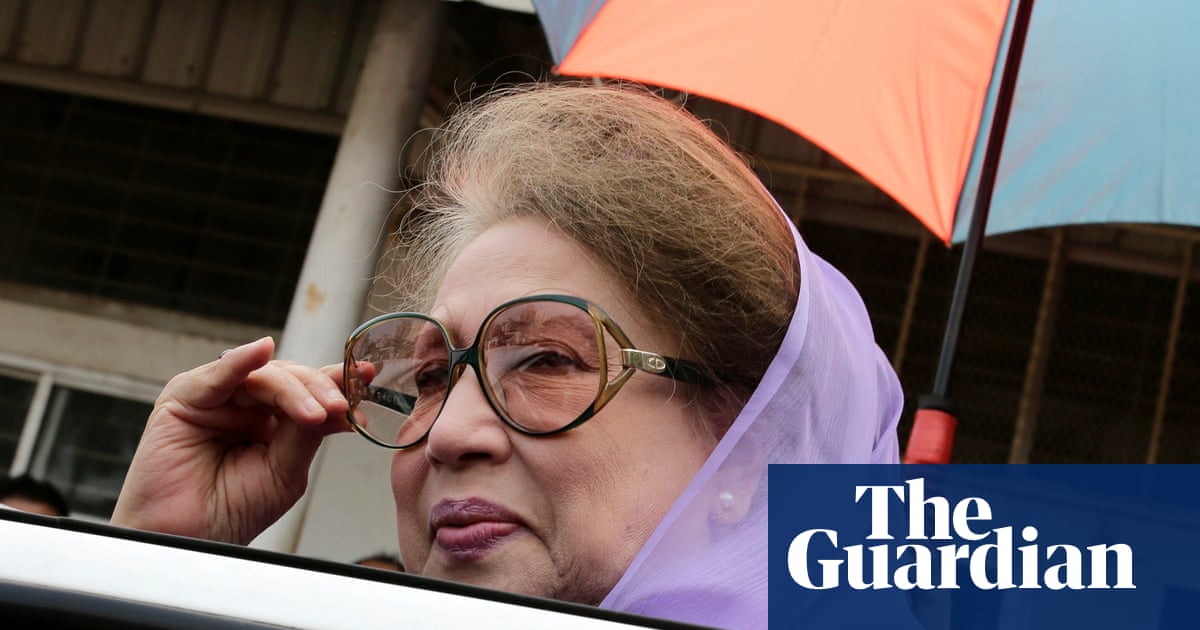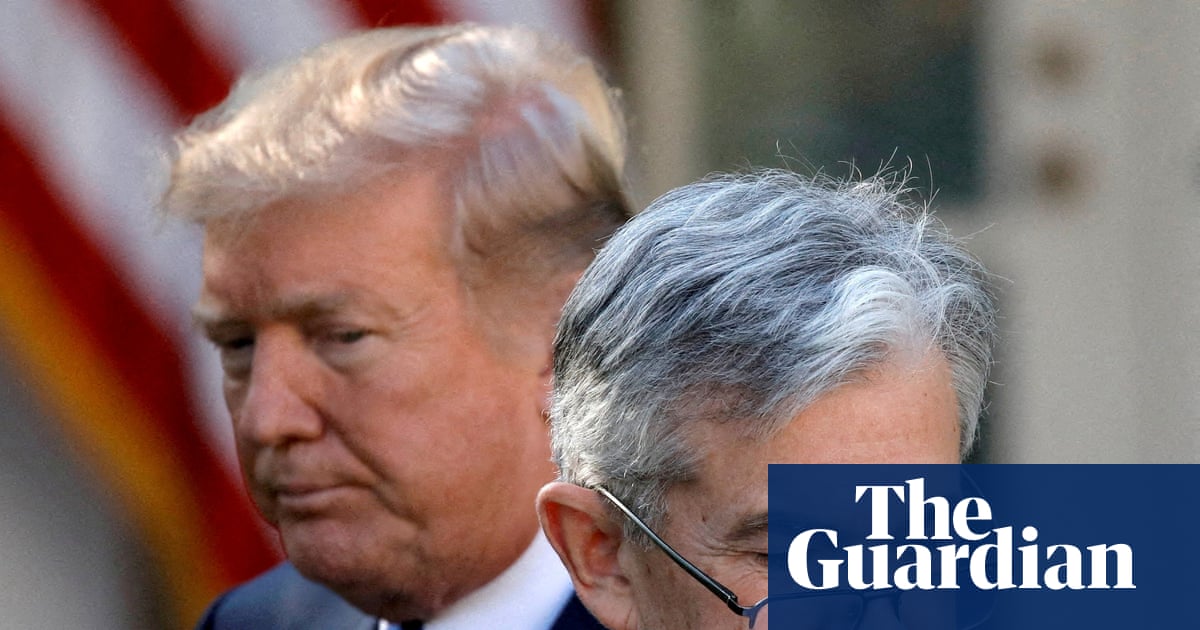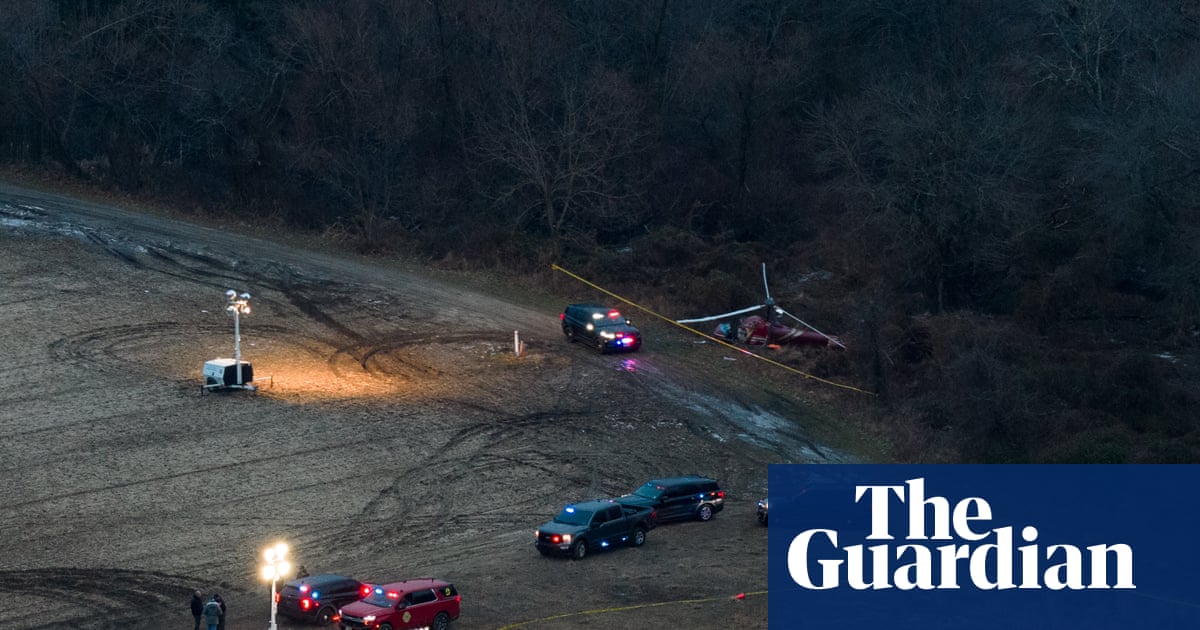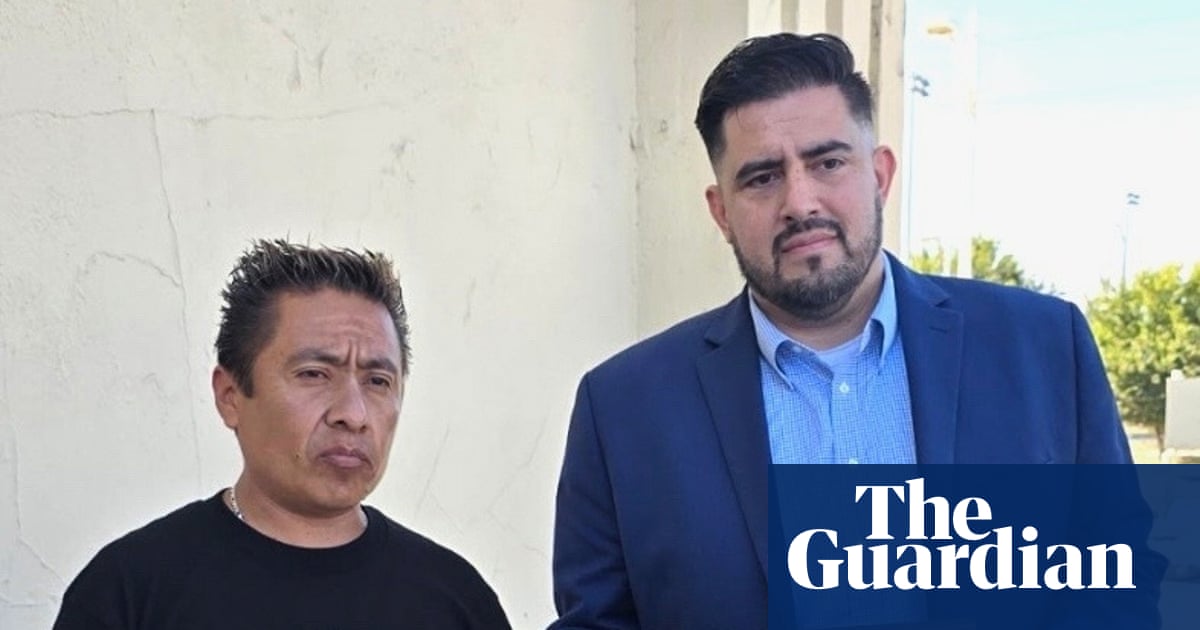This year, as the United Nations convenes for its 80th general assembly and the world watches, we believe there is no issue more urgent than the rise of female African leaders. From peace and education to health and climate, women are not just affected by crises, they are leading the solutions.
It is time for funders, policymakers, multilateral institutions and development agencies to step up, boldly invest and ensure that African women are empowered to lead.
Sub-Saharan Africa is poised to be the fastest-growing region in the world. It has a burgeoning youth population, with millions of young people entering adulthood each year.
Africa’s destiny will be shaped by those who lead it. And women and girls account for a large and growing share of this demographic rise. Across sub-Saharan Africa there are about 145 million adolescent girls, and Africa’s population of girls under the age of 18 is predicted to increase to approximately 465 million by the middle of this century.
These numbers are not abstract. They mean that for good or ill, the kind of leadership we support today, including that of women, will determine whether Africa’s youth become a source of stability, hope and innovation – or fuel for instability, exclusion and crisis.
Around the world, we have seen what happens when young people feel left behind and not fully represented. This is where female leaders come in.
Across peacekeeping, education, hunger, health and climate, African women play integral roles. In conflict settings, female peacekeepers, mediators and negotiators are indispensable. African countries such as Ethiopia, Ghana and Rwanda are among some of the largest contributors of female peacekeepers worldwide. These women restore trust, build bridges with communities, protect women and children during conflict and bring gender-sensitive perspectives to negotiations. Security is never gender neutral.
In education, millions more girls are attending school across eastern and southern Africa than just a decade ago. Sustaining and expanding that progress requires leadership with a clear eye on equity. Female leaders have consistently pushed for safe schools, invested in teachers and championed girls’ access to science and technology.
In health, the story is the same. Where women lead, maternal mortality falls, child health improves and services reach those most in need. During the Covid-19 pandemic, many of the most effective responses came from female African leaders who mobilised health workers, ensured that vaccines reached communities and demanded global fairness in distribution.
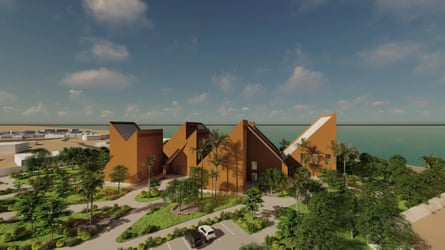
While women’s rights worldwide are under attack, Africa continues to show examples of pioneering progress. Rwanda’s parliament, of which more than 60% of MPs are female, stands as a global leader.
Across the continent, female mediators and leaders of civil society groups have shaped peace agreements and driven reconciliation. These are not symbolic gains. They prove that when women are supported to lead, democracy becomes more inclusive, peace more durable and development more just.
after newsletter promotion
This is why the Ellen Johnson Sirleaf Presidential Center for Women and Development is building the African Women’s House in Liberia. It will be the first dedicated space to nurture, mentor and amplify female African public leaders across the continent. It will build a pipeline: from grassroots change-makers to mayors, from public-health leaders to climate negotiators, from peace mediators to heads of state.
This is not charity. It is a strategic investment in democracy, innovation and resilience. The African Women’s House can, and will, serve as a global catalyst where young women are equipped not just with ambition but with skills, networks and mentorship to lead.
We are at a critical point as a global community. Climate disasters are worsening, pandemics remain a threat, digital divides are growing and regressive regimes are rising.
None of these challenges can be addressed by half of society. When women lead, priorities change: wellbeing is valued and inclusivity prioritised. Focusing on the pipeline of young female African leaders is the best resilience strategy available. It shapes global governance, ensures innovation, deepens democracy and stabilises communities. It ensures that when a catastrophe hits, the response is humane, equitable and effective.
To funders and international policymakers, we say: do not wait. Commit now. Invest in institutions that train women as negotiators, mediators, public health administrators, climate scientists and local government leaders. Support policies that remove barriers to women’s leadership. Channel resources to women-led organisations. Elevate African women in your boards, your panels, your missions.
The United Nations’ 80th general assembly is not just another event, it is a crossroads. The world needs fewer speeches and more structural investment. This is not charity; it is a global imperative. When African women lead, we all rise.
-
Ellen Johnson Sirleaf was Africa’s first democratically elected female head of state as president of Liberia and is a Nobel peace prize laureate
-
Sahle-Work Zewde was Ethiopia’s first female president and was chair of the Unesco Commission on the Futures of Education

 3 months ago
53
3 months ago
53

